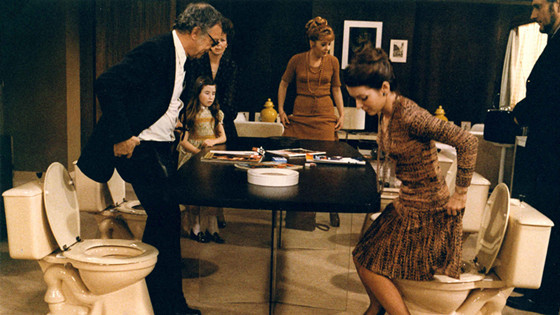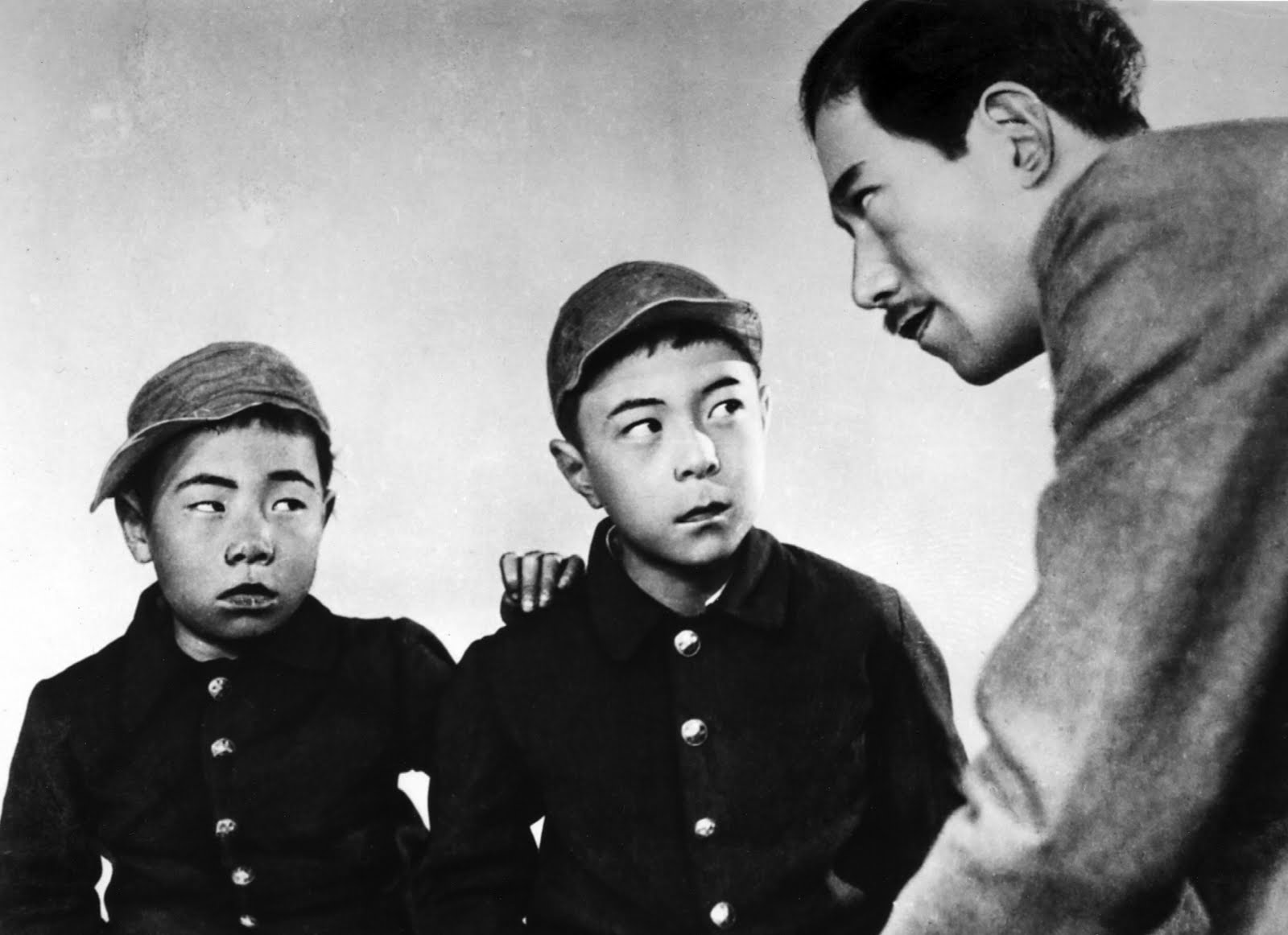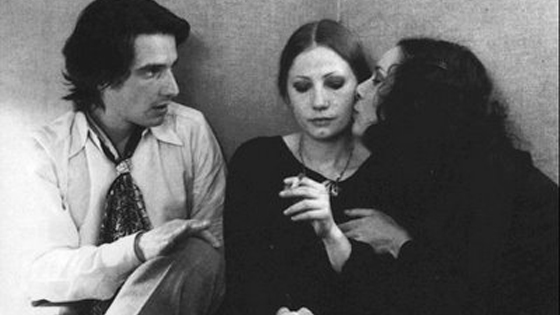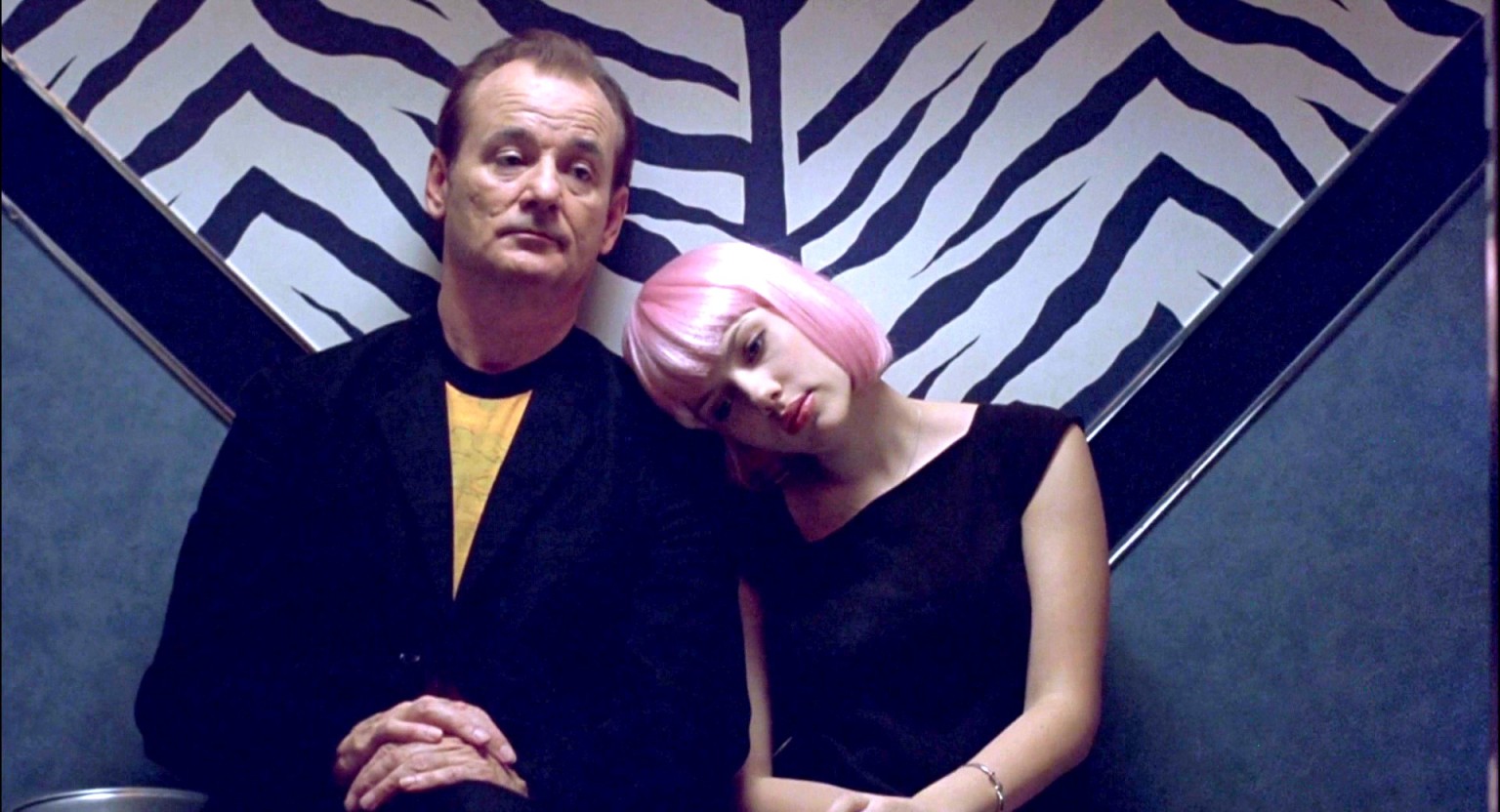
The title of a film is perhaps its most important marketing tool. How many times have you wanted to watch a film solely based on its cool, mysterious, or unforgettable title? Even if you aren’t that adventurous, there’s no denying that the title of a film plays a part of importance. Of course, a terrible title won’t deter anyone from watching, but a good name does help, especially when studio executives are concerned.
Naming a film is like naming a child. Unless you want the kids in the schoolyard to forever be taunting your child, you must choose wisely. A great title not only sums up the themes, story, or location or characters of its film perfectly, but it also makes a bold statement.
With so many awesome film titles to choose from, it’s somewhat of a fool’s errand to just pick 10. As a way to compensate for whatever incompetence in this list, please do check out the honorable mentions at the end.
10. The Phantom of Liberty (1974)

“I experience in every event that my thoughts and my will are not in my power. And that my liberty is only a phantom” – The Milky Way 1964
“The Phantom of Liberty” comprises multiple characters and short stories that are loosely linked by encounters and interactions of a wide array of characters. Inspired by incidents throughout Buñuel’s life over the years, the film is a surrealist’s wet dream taking us from one interesting yet unfinished story to the next.
Taking its title from the Communist Manifesto as a reference as well as a line of dialogue from Buñel’s “The Milky Way,” “The Phantom of Liberty” is simply about the illusion of freedom. Even when we think we’re free and in control, there are always unseen forces influencing our fates. Throughout history, conflict always arises out of the need for freedom or the need to suppress it.
The characters in the film are from all walks of life and find themselves at the mercy or benefit of coincidence, chance, or fate. The various episodes flow like a stream of consciousness involving people from the middle class where the notion of liberty seems assured, but is always a phantom whether they’re aware of it or not.
9. 8½ (1963)

Few films have portrayed the director’s process as well as Federico Fellini’s highly influential “8½.”Putting his struggles with director’s block onscreen after the pressure of following up the immense success of “La Dolce Vita,” Fellini put actor Marcello Mastroianni as his stand-in as a director aimlessly wandering about while the world waits for his widely anticipated next film.
With six feature films under his belt plus two short films and a collaborative effort with another director, which Fellini referred to as “half” films, “8½” served as his eighth and half film in general. A title that perfectly parallels Fellini’s own personal challenges with creativity and the story of the film.
While not an autobiographical film in the slightest, it’s easy to look at the director’s personal life and compare them to many aspects of the film. Like many of the titles of Fellini’s films, “8½” has gone on to become an iconic title that’s gone on to have a life of its own, particularly in the restaurant business.
8. I Was Born, But… (1932)

Need we say more on why this is one of the greatest film titles ever? It’s an instantly memorable title with a hint of cynicism that says everything it needs to without finishing its point.
“I Was Born, But…” is a black-and-white silent film about two young brothers who skip school because of bullies. They go on to lose respect for their stern father when they see him playing the fool for his boss. Filled with slapstick humor and genuine moments of emotion, the kids in the film are the real stars, going from one crazy antic to another. It’s a rich coming-of-age story that shows the different values of the different generations when confronted with the same scenarios.
No filmmaker has ever been able to effectively portray the conflict of family and intergenerational tension like Yasujiro Ozu. He takes intimate stories of ordinary people and crafts something uniquely important. In retrospect of viewing the film, the title seems to point at how we’re forced to sell out our beliefs and self-respect as we grow older.
Ozu would later remake the film as a talkie with the 1959 “Good Morning.” However, “I Was Born, But…” is a charming silent film that stands next to the best of them.
7. The Mother and the Whore (1973)

Running well over three hours with no apparent plot to speak of, Jean Eustache’s meditation on love, sex, gender, and the aftermath of France’s civil unrest during May 1968 is a masterpiece of note about a complex and doomed love triangle.
Set in the summer of 1972, “The Mother and the Whore” follows an unemployed intellectual who spends his time chasing women and doing nothing of importance. He soon becomes entangled in a relationship with his live-in girlfriend and young promiscuous nurse. Labeled by some critics as a misogynistic work, the female characters in the film are more independent than the male protagonist. Although the story is told from a male perspective, the women have their own unique voices.
“The Mother and the Whore” is not a title that one would link to a dialogue-heavy romantic French film such as this. Aside from being a great title for a film that would arouse anyone’s interest in watching it, the title comes from a memorable monologue as the characters realize that their three-way love affair is reaching its end. Veronika, played by Francoise Lebrun, notes how “love is meaningless unless you want to make a baby together.”
It points to how women are viewed as whores, even with the sexual revolution that seems to liberate them, only to take advantage of that same liberation.
6. Lost in Translation (2003)

The title of Sofia Coppola’s romantic comedy-drama about two people at opposite ends of their lives sharing a connection in a foreign country is as simple yet as powerful as it gets. It’s a genius title that links a well-known phrase with the state of mind of its characters. Sometimes that’s all you need for a great title.
There are a few obvious scenes where things are lost in translation because of language barriers. One memorable scene has the aging American actor being given a lengthy and passionate direction by a Japanese director, only for the interpreter to give a short and incomplete translation. But the real heart of Coppola’s story is how the two characters are lost in their own lives.
One character is in the twilight of her youth and is trying to figure out the rest of her life and exactly what she wants, while the other is in the tail end of his life and career and tries to make sense of it all. Aside from being aliens in a foreign country where nothing makes sense, nothing in their own personal lives makes sense either. Everything and everyone they know seems to be lost in translation to them. Not just the country they’re in. Everything and everyone except their special connection.